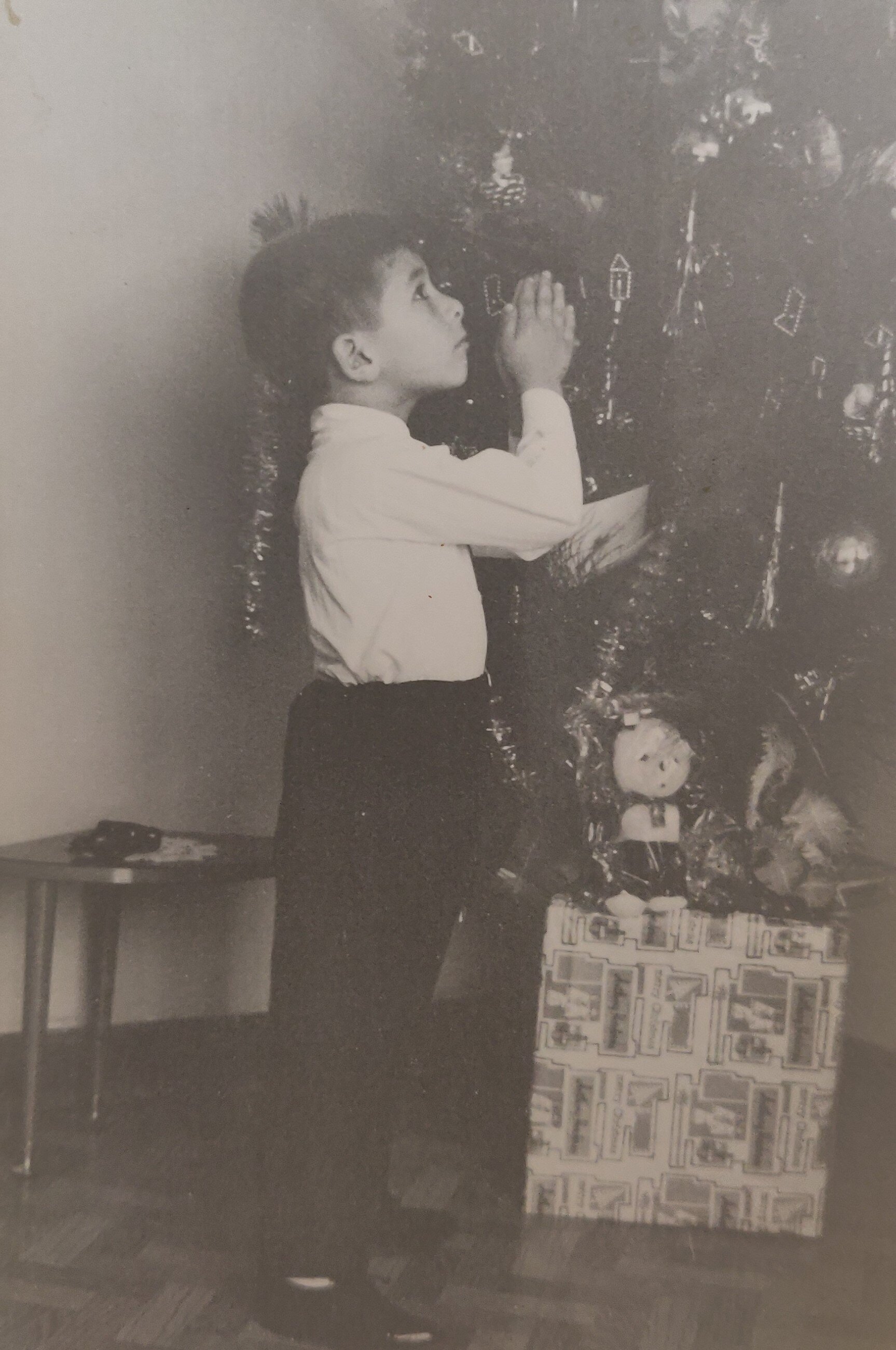The Little Boy and the Huge Dragon: The Truth Behind Uberveillance
/Mollymook, NSW
NB Introductory pages from “The Little Boy and the Huge Dragon: The Truth Behind Uberveillance”, (September 21st 2010, Gerringong, NSW).
“Likewise the Spirit helps us in our weakness; for we do not know how to pray as we ought, but that very Spirit intercedes with sighs too deep for words.” (Romans 8:26)
“The real meaning of enlightenment is to gaze with undimmed eyes on all darkness.” Nikos Kazantzakis
“The day when God is absent, when he is silent – that is the beginning of prayer.” Anthony Bloom
“Sometimes a man can become possessed by a vision. Perhaps it makes no sense to anyone else; perhaps it is a revelation to everyone. Yes, this man will say to himself, this is the way the world is supposed to be. This is how I am supposed to fit into it. He will know, like a man trying on shoes, that he has finally found a pair that will serve him for a very long walk indeed. So he begins, one step at a time.” Joshua Cooper Ramo
September 21st 2010
Gerringong, NSW
I have been here before, this much I do know, ever since the dream.
But how and why have I arrived into this fearful place and will it ever be possible to escape its dark and terrifying rooms? “Tell me little boy, tell me that together we might deal the huge dragon a mortal blow.”
MG circa 1966. Credit: Michael Family Archives
Outside the early sunlight is bending through the cactuses. One can learn a lot from the improvisation of a cactus, but when pressing our flesh against its secret we must not be afraid of the stabs. Redemption is not a bloodless exercise. For those stubborn enough to hold out through to the end they would hope the price of admission into this world was worth the cost. And that the need to understand was greater than the darkness. “I dive down into the depth of the ocean of forms…” (Rabindranath Tagore).[1] These are the deep mysteries which beckon us to search for the soul and which like the private imaginations of a good monk, they will both fascinate and repel.
The one thing I must now do is to write. Write, Michael, it is your only way out of the abyss.
To keep on writing until the larger pieces to this puzzle begin to fall into some recognizable pattern or shape. How many times have I made this promise to myself? Only to see it broken when the story became too hard or when gripped by the dread it would sound too improbable, if not unbelievable, to most. Maybe, too, it is the fear of writing itself, vox audita perit, literra scripta manet: the heard word is lost, the written letter abides. Then again, this ancient maxim takes on new connotations in the world of Uberveillance.[2] The delete option will increasingly become one of those fantastic recollections of the past and the “heard word” too, it would not be lost. All will become video and uploaded to be re-run by the collectors, the controllers, and the hunters.
It has now been almost twenty years since my exile. An exile both forced and self-imposed for the crime of refusing to accept privileges and honour but also for daring to suggest that the “sheep” are not dumb. I cannot but recall those telling and now most ironic and coincidental lines from Dostoyevsky’s Notes from Underground, “I have been living like this for a long time now – about twenty years. I am forty… [a]fter all, I didn’t take bribes, so I had to have some compensation.”[3] Unlike Fyodor Mikhailovich’s “bad civil servant”, however, I am now approaching my fiftieth year and was once a young and highly idealistic clergyman.[4]
As for my own compensation? Hope. And only heaven and hell would ever know how much of it I would truly need. For certainly, I too, am not entirely blameless. Yet even our ruins carry our legacy from which we pick up the pieces to rebuild. Nothing should be wasted. “There is always another story” writes W. H. Auden, “[t]here is more than meets the eye.” We are all looking to be saved by somebody or from something and so every last piece of this big heap of fabulous rubble will find its rightful place. Like great cathedrals and national monuments rebuilt after the bombings of war.
[1] Rabindranath Tagore, Gitanjali, (Macmillan & Co.,: London, 1938), 91.
[2] M.G. Michael and Katina Michael, Uberveillance: Microchipping People and the Assault on Privacy, Quadrant, LIII (3), 2009, 85-89.
[3] Fyodor Dostoyevsky, Notes from Underground/ The Double (trans.) J. Coulson, (Penguin Books: London, 1972), 15.
[4] At the time of upload [December, 2019] “I am now approaching my sixtieth year”.

